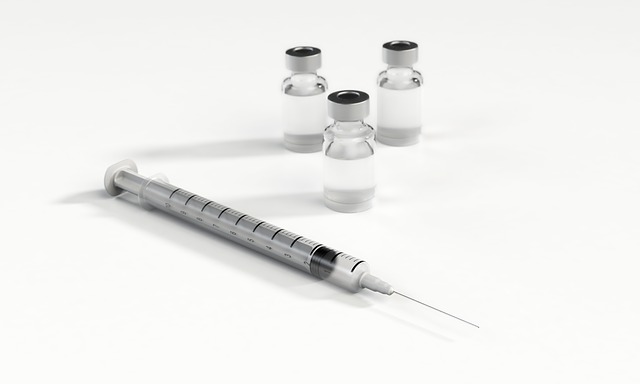An interesting article titled “Does Single-Dose Preemptive Intravenous Ibuprofen Reduce Postoperative Pain After Third Molar Surgery? A Prospective, Randomized, Double-Blind Clinical Study” appears in the 2019 edition of the Journal of Oral and Maxillofacial Surgery. The article explores if intravenous ibuprofen given either shortly before or after wisdom teeth surgery has any any effect on pain experienced in the subsequent 24 hours.
In the article a study is conducted using 75 patients who presented at Erciyes University in Turkey over the time period from March to October 2018 for removal of impacted lower wisdom teeth. The 75 patients were randomly divided into 3 groups with 25 patients in each. The first group of patients received 800 mg of intravenous ibuprofen 60 minutes before surgery and intravenous placebo 60 minutes after surgery, the second group of patients received intravenous placebo 60 minutes before surgery and 800 mg of intravenous ibuprofen 60 minutes after surgery, and the third group received intravenous placebo both 60 minutes before and after surgery. The patients were prescribed acetaminophen 500 mg to be taken after surgery as needed for pain relief and recorded the number of pills taken at 1, 2, 4, 6, 8, 12, and 24 hours after surgery. All patients were asked to record their pain intensity using a visual analog scale from 0 to 100 with increasing pain at 1, 2, 4, 6, 8, 12, and 24 hours after surgery.

The authors found that the average visual analog scale scores were significantly higher in the third group 3 (42.6) when compared with those in the first and second groups, 14.5 and 29, respectively. Further the average visual analog scale scores for the first group were statistically significantly lower than the other two groups. It was found that the average dose of acetaminophen received with the first 24 hours after surgery was 640 mg in the first group, 1240 mg in the second group, and 1840 mg in the third group. The total amount of acetaminophen taken in the first group, as measured in the first 24 hours after surgery, was statistically significantly lower than the other two groups and the total amount of acetaminophen taken in the third group, as measured in the first 24 hours after surgery, was statistically significantly higher than the other two groups. The authors state
“The results of the present study showed that preemptive IV [intravenous] ibuprofen administration significantly reduced the pain experienced postoperatively and decreased the rescue analgesic requirement compared with postoperative IV [intravenous] ibuprofen and placebo administration…Furthermore, the total rescue acetaminophen intake within the preoperative IV [intravenous] ibuprofen group was significantly lower than that for all other groups within the first 24 hours after surgery.”
Based on the results of the study the authors feel that preoperative intravenous ibuprofen can be effectively used for dealing with pain after wisdom teeth removal. Ibuprofen is a type of nonsteroidal anti-inflammatory drugs (NSAIDs) that has a known mechanism of action to inhibit cyclooxygenase activity. This action causes prostaglandin synthesis to be inhibited which results in helping to reduce inflammation and pain. In the past other prior studies have explored post-operative pain in the period of up to 10 days after surgery. It is not entirely clear why the authors limited their study to just the first 24 hours after surgery instead of including a longer period of time.
